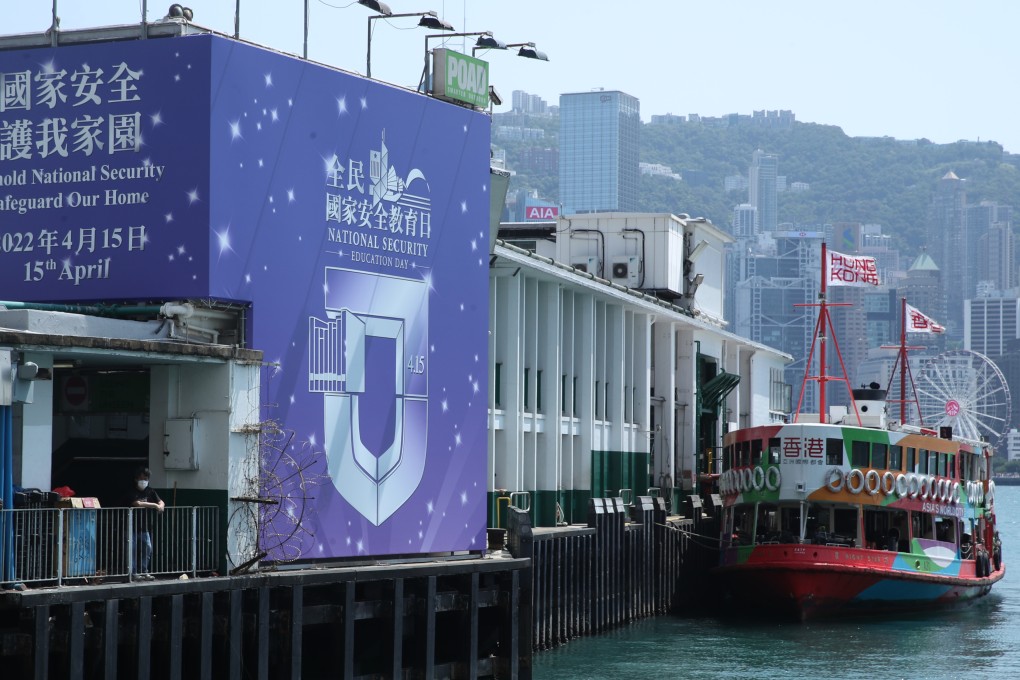Hong Kong national security law: proposed legal change giving city leader final say on role of foreign lawyers in cases won’t be retrospective
- Justice minister Paul Lam gives first official confirmation of reach of new rule, sparked by collusion case involving jailed tycoon Jimmy Lai
- But Lam, who was addressing lawmakers, did not rule out resorting to other means to block earlier applications


The Department of Justice proposed a series of amendments to the Legal Practitioners Ordinance last month which will require courts to obtain the chief executive’s approval before a foreign lawyer is allowed to take on a national security case. The city leader can deny permission if the counsel’s participation is deemed “contrary to the interests of national security”.
Lam confirmed for the first time during the meeting that the proposed changes would not be retrospective, but hinted that previous applications such as Owen’s could still be barred.
“We cannot rule out the possibility that some previous applications involved national security. I believe there will be other ways to handle them. But that has nothing to do with the amendments,” he said.
Some lawmakers previously pointed to existing administrative mechanisms, arguing that immigration authorities could deny Owen entry into the city.